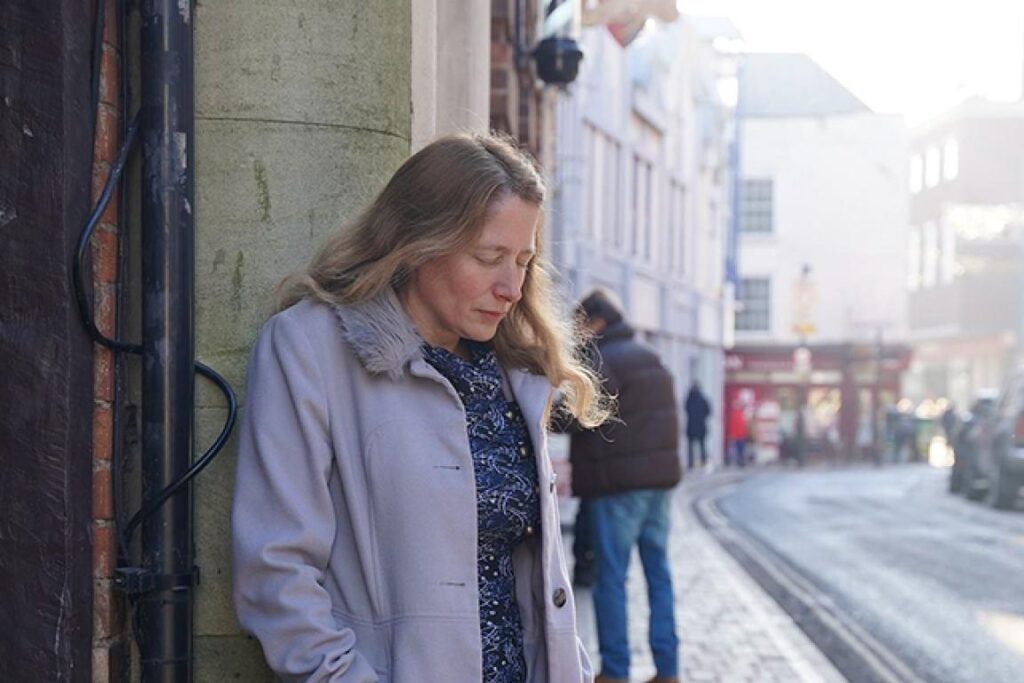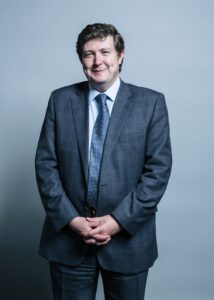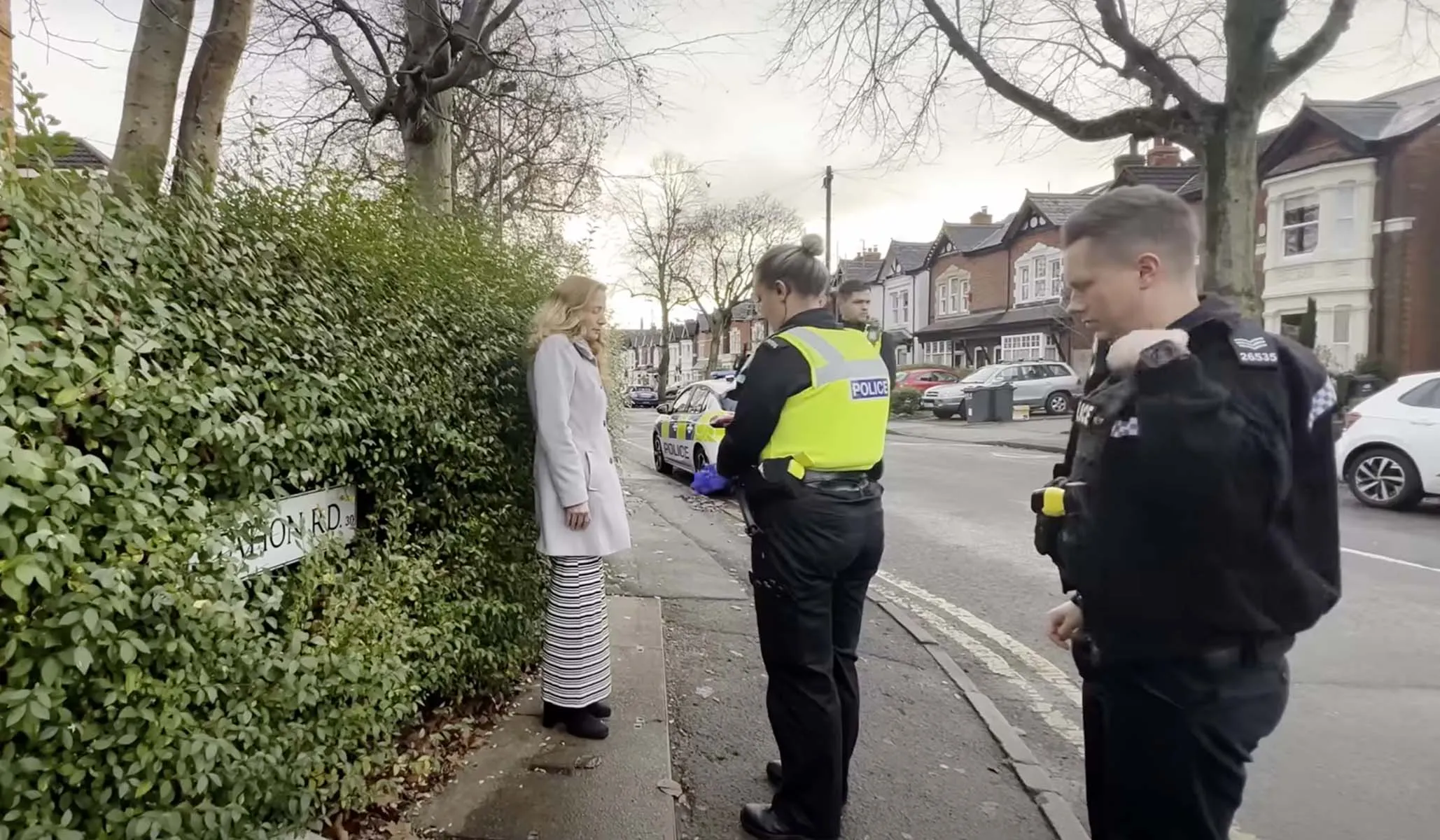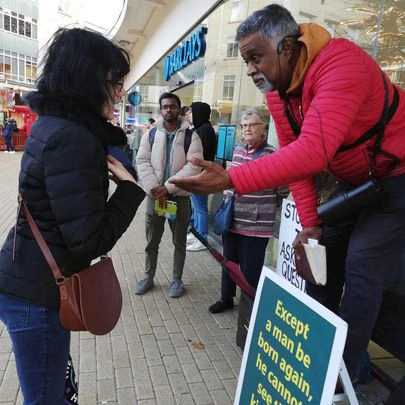- State Department issues a further condemnation of Britain’s “egregious” buffer zones, warning of a “concerning departure” from shared UK-US values
- Birmingham Christian Isabel Vaughan-Spruce is back under investigation for silently praying near an abortion facility

WASHINGTON, D.C. / LONDON (19 August 2025) – The United States has issued its strongest warning yet to the UK over so-called “buffer zones”, which have been used to target silent prayer and peaceful expression outside abortion facilities.
In a comment to the Telegraph, the US State Department accused the UK government of committing an “egregious violation of the fundamental right to free speech and religious liberty.”
“It is common sense that standing silently and offering consensual conversation does not constitute harm.”
- U.S. State Department Spokesperson
The comment comes in response to cases in which individuals – some elderly – have been arrested, charged, or even criminally convicted for simply for praying silently or offering consensual conversations within large censored zones outside abortion facilities.
Under current legislation in England & Wales, “influencing” a person’s decision to access an abortion facility, within 150m of the facility, is a crime carrying a potentially unlimited fine.
In Scotland, similar legislation exists, censoring the area within 200m of all hospitals.
A State Department spokesman told The Telegraph:
“The United States is still monitoring many ‘buffer zone’ cases in the UK, as well as other acts of censorship throughout Europe.
“The UK’s persecution of silent prayer represents not only an egregious violation of the fundamental right to free speech and religious liberty, but also a concerning departure from the shared values that ought to underpin US-UK relations.
“It is common sense that standing silently and offering consensual conversation does not constitute harm.”
Free Speech in Retreat
The US government’s statement echoes Vice President JD Vance’s warning earlier this year at the Munich Security Conference, where he said free speech is “in retreat” across Europe, particularly in Britain. During Prime Minister Sir Keir Starmer’s visit to the White House, the Vice President directly raised concerns about the UK’s restriction of free speech.
You are currently viewing a placeholder content from YouTube. To access the actual content, click the button below. Please note that doing so will share data with third-party providers.
More InformationThe US State Department’s latest Human Rights Report also highlighted “credible reports of serious restrictions on freedom of expression” in the UK.
Individuals Targeted for Prayer or Conversation
Among those punished under the laws is Livia Tossici-Bolt, a retired biomedical scientist, who received a two-year conditional discharge and was ordered to pay £20,000 in costs after standing near a Bournemouth abortion facility holding a sign that read: “Here to talk if you want to.” She described her prosecution as “a dark day for Great Britain.”
Adam Smith-Connor, an army veteran, was convicted in November for praying silently for a few minutes in his head near the same abortion facility in Bournemouth, and ordered to pay £9,000 in costs.
In Scotland, Rose Docherty, 75, was arrested in February for standing outside Glasgow’s Queen Elizabeth University Hospital with a sign reading: “Coercion is a crime, here to talk, only if you want.” Last week, Scottish authorities dropped their case against her and guaranteed they would return her sign.
And recently, Isabel Vaughan-Spruce – a charitable volunteer who has supported mothers in crisis for over 20 years – was placed back under investigation for praying silently near an abortion facility in Birmingham, despite having won £13,000 in compensation from West Midlands Police last year for having unfairly arrested her twice before for the same activity.
“Freedom of speech and freedom of religion are cornerstones of any free society,” said Lorcan Price, Irish Barrister and Legal Counsel for ADF International.
“The UK’s treatment of individuals like Livia, Adam, Isabel and Rose for the false ‘crimes’ of praying silently or offering conversation shows just how far the country has strayed from its own proud traditions of liberty. The US State Department is right to call out this injustice. It is time for the UK government to restore fundamental freedoms, and repeal buffer zone legislation.”
Images for free use in print or online in relation to this story only
Pictured: Isabel Vaughan-Spruce; Rose Docherty; Adam Smith-Connor; Livia Tossici-Bolt; Lorcan Price (ADF International)









